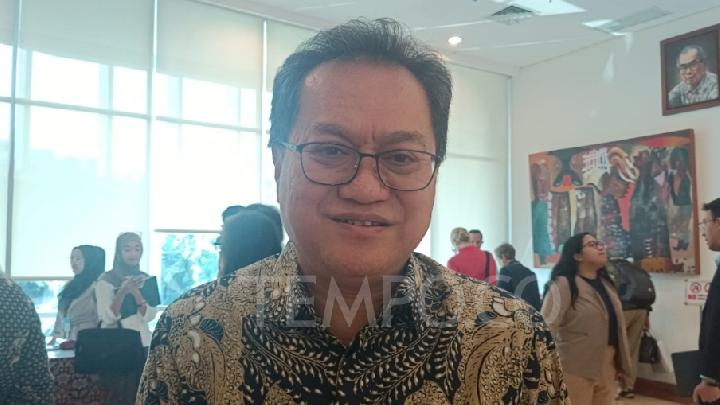TEMPO.CO, Jakarta – The Center for Strategic and International Studies (CSIS) believes that Indonesia still faces challenges in establishing sustainable trade and investment. The latest CSIS report indicates that the government’s commitment to a green economy is still lacking.
“It seems that Indonesia still has a lot of work to do in terms of transitioning to a greener economy, one of the issues that is emerging in the areas of trade and investment,” said CSIS Director Yose Rizal Damuri. Tempo following a research report release event on Monday, July 1.
Yose said sustainable trade and investment are inseparable from the use of clean energy. But so far, he said, the government’s policies and political will for clean energy have not demonstrated serious efforts, which is seen, among other things, in the overlapping regulations between the net-zero emissions goal and efforts to use clean energy.
“At present, it seems that there are still many gaps that need to be filled. This concerns not only investment and trade, but also regulations that need to be improved,” he said.
According to Yose, the transition to green trade and investment is linked to the energy transition. That is why, he added, more political will is also needed – not just the jargon of the international world. “We hope that the seriousness of the government and the seriousness of the business world will continue to drive this transition,” Yose said.
Not diversified enough
Diversity of investments, particularly in the critical minerals and energy sectors, is seen as a way to encourage more environmentally friendly capital efforts.
According to Mr. Yose, one possible effort to encourage sustainable investment and trade is to diversify investments in domestic sectors. According to CSIS findings, Chinese investors currently account for more than 50% of investments in Indonesia.
“In critical minerals, we are heavily dependent on China. Diversification will help us go further and create competition for domestic investment partners to achieve sustainable trade,” he said.
Yose added that China’s strong influence on investment in Indonesia has resulted in little emphasis on environmental and social aspects. This puts Indonesia in a weak position, with few alternatives.
“We should not see China as an obstacle or a negative element. What we need to do is diversify and improve the current investment governance,” he said.
NANDITO PUTRA
Click here to get the latest Tempo news in Google News


